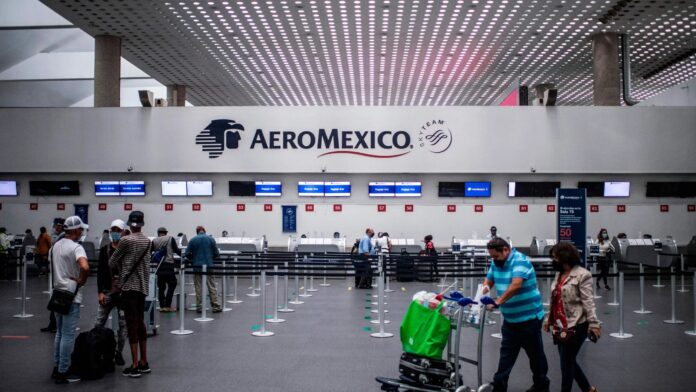The Changing Landscape of Travel: Latin Americans and the U.S. Experience
Travel has long been a means of cultural exchange, personal growth, and economic engagement. Yet for many Latin Americans, particularly Mexicans, the desire to visit the United States is fraught with hesitation, influenced by various socio-political factors. Karen Aguayo’s story exemplifies this complex situation.
Safety Concerns Prompt Reconsideration
Living in central Mexico, Aguayo had hoped to visit the United States this year to see her uncle. Despite having a visa, she chose to travel to Italy instead, citing safety concerns as her prime reason for avoiding the U.S. The political climate under President Trump, characterized by a crackdown on immigration and an overall insecurity, contributed to her feeling that travel to the U.S. was too much of a gamble.
The Ripple Effect of Political Climate
The political landscape in the United States has been turbulent since Trump’s administration began, marked by a series of executive orders aimed at tightening national security. This included heightened scrutiny at borders and a controversial travel ban affecting multiple countries. Aguayo expresses concern about being treated unfavorably due to anti-Mexican sentiment, which has surged amid political rhetoric.
The Economic Impact of Hesitant Travelers
The anxiety among potential travelers like Aguayo isn’t simply personal; it has broader economic implications. Historically, Mexico has been the second-largest source of visitors to the U.S., contributing approximately $21 billion to the American economy in 2018. Hesitation and a decline in travel from Latin Americans could significantly affect this economic relationship, impacting everything from local businesses to tourism industries.
Varied Reactions Among Latin American Travelers
While Aguayo has opted for Europe due to perceived safety and openness, others continue to travel to the U.S. A recent increase in Mexican arrivals, according to the Arrival and Departure Information System (ADIS), reflects that some still feel comfortable visiting. Popular destinations such as New York and Orlando demonstrate the enduring appeal of the U.S. to many travelers.
Trends and Changes in Travel Plans
Despite some upticks in travel, a worrying trend is emerging from various regions in Latin America. For instance, travel from South America has decreased by 6%, and Central American arrivals have dipped by over 35%. As younger travelers become more attuned to travel advisories and safety warnings, this trend may continue, indicating a significant shift in travel dynamics.
Voices from the Travel Community
Travel content creators, such as Alan Estrada, provide insights into how these shifts are felt within the industry. Estrada frequently travels to the U.S. but acknowledges the rising tensions and potential for conflict. His audience often expresses concerns about safety when visiting the U.S., emphasizing a growing desire for caution among travelers.
The Power of Public Sentiment
Aguayo’s experience highlights a wider narrative: many potential travelers are weighing their options more carefully than ever. The psychological toll of current U.S. politics creates an environment where travel no longer feels like an uncomplicated adventure. Public sentiment plays a crucial role, as comments from her audience reflect a community grappling with conflicting emotions regarding travel to the United States.
The Uncertain Future of U.S.-Latin American Travel
Travel plans remain up in the air for many Latin Americans, oscillating between eagerness to experience the U.S. and concerns about safety and treatment. Aguayo underscores that her priorities have shifted—she is content exploring the broader world while the U.S. remains a secondary option.
While travel to the United States may not be disappearing altogether, the evolving context suggests that Latin American travelers are becoming increasingly selective and cautious. As political narratives continue to evolve, the relationship between Latin America and the U.S. in terms of travel will undoubtedly remain a dynamic and complex topic for years to come.
